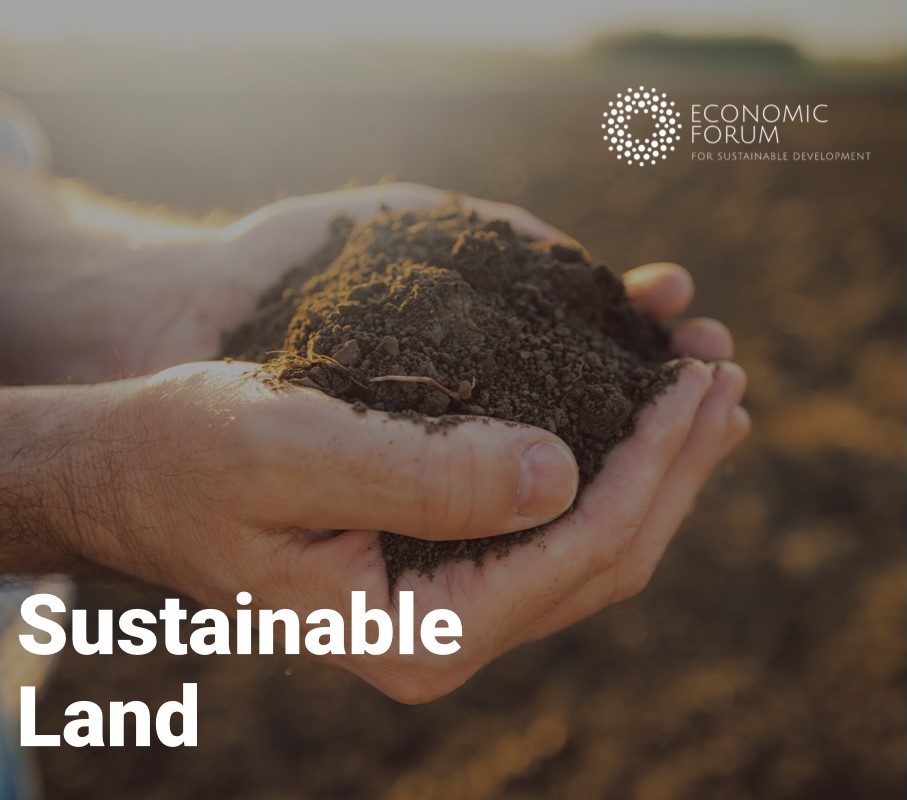
The Economic Forum for Sustainable Development (EFSD) is an international organization that works to promote sustainable development and address global challenges related to economic, social, and environmental issues. One of the key areas of focus for the EFSD is the sustainability of food and land use, as these issues are critical for ensuring the long-term well-being of people and the planet.
To tackle food and land use sustainability, EFSD brings together experts and decision makers from a extensive range of sectors, including governments, businesses, civil society organizations and international organizations. This organization identifies and assesses the challenges and opportunities related to these issues and works to develop and advance policy recommendations and strategies to address them.
A key sphere of focus for the EFSD in terms of the sustainability of food and land use is the need to increase food production to meet the growing demands of a growing global population. At the same time, however, it is essential to ensure that food production is sustainable and does not undermine the long-term viability of the land and natural resources upon which it depends. To address this challenge, the EFSD works to promote the adoption of sustainable agriculture practices, such as precision farming and conservation agriculture, which can help to increase food production while minimizing negative environmental impacts.
In addition to promoting sustainable agriculture, the EFSD also works to address issues related to land use and land management. This includes efforts to protect and restore forests, grasslands, and other natural habitats, as well as efforts to promote the sustainable use of land for agriculture, urban development, and other purposes. The EFSD also works to promote policies and programs that support the conservation and restoration of soil health, as well as efforts to address the impacts of climate change on land use and food production.
The EFSD plays a critical role in addressing the sustainability of food and land use and promoting the long-term viability of these resources.
